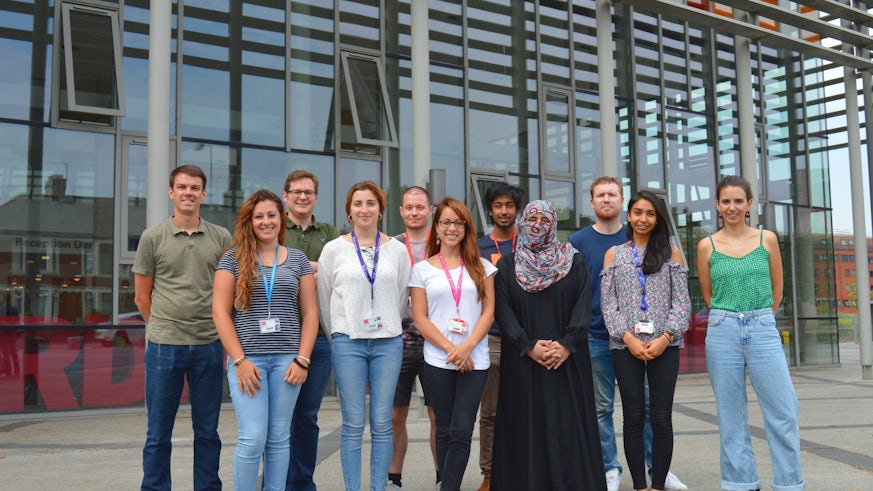Medical Research Council funds glioblastoma research
21 November 2018

Scientists at Cardiff University will be able to get an insight into aggressive brain cancer, thanks to a major investment from the Medical Research Council.
The European Cancer Stem Cell Research Institute, Cardiff University, has received a grant of over £600,000 to fund research into the most common form of brain cancer in adults.
Glioblastoma currently has no known cure, and the Institute is hoping to uncover vital information about the cancer with the aim to develop more effective treatments.
Dr Florian Siebzehnrubl, Cardiff University, said: “By understanding the mechanism underlying glioblastoma, we can design better therapies that specifically target them.”
The £626,000 grant will fund work that will investigate the FGF2 protein and its role in glioblastoma.
Scientists at the European Cancer Stem Cell Research Institute want to understand why brain cancer cells become more aggressive when exposed to FGF2.
“Our project will investigate how FGF2 influences different types of glioblastoma cells within a given tumour.
“We are researching the way in which FGF2 affects these different types of glioblastoma cells in different ways, with some becoming more aggressive in direct response to FGF2.
“We believe that FGF2 attaches to different types of receptors on different types of cells.
“We want to distinguish the different types of cancer cells based on their specific receptors. Then we want to see which receptors have the most severe response to FGF2, and where in the tumour these cells are.
“By understanding the function of FGF2, we can get a better understanding of the aggressive nature of glioblastoma and use this to help with the development of new treatments.
“This will help us to focus drugs at these specific receptors, and will provide a means of predicting which patients would benefit most from this therapy,” added Florian.